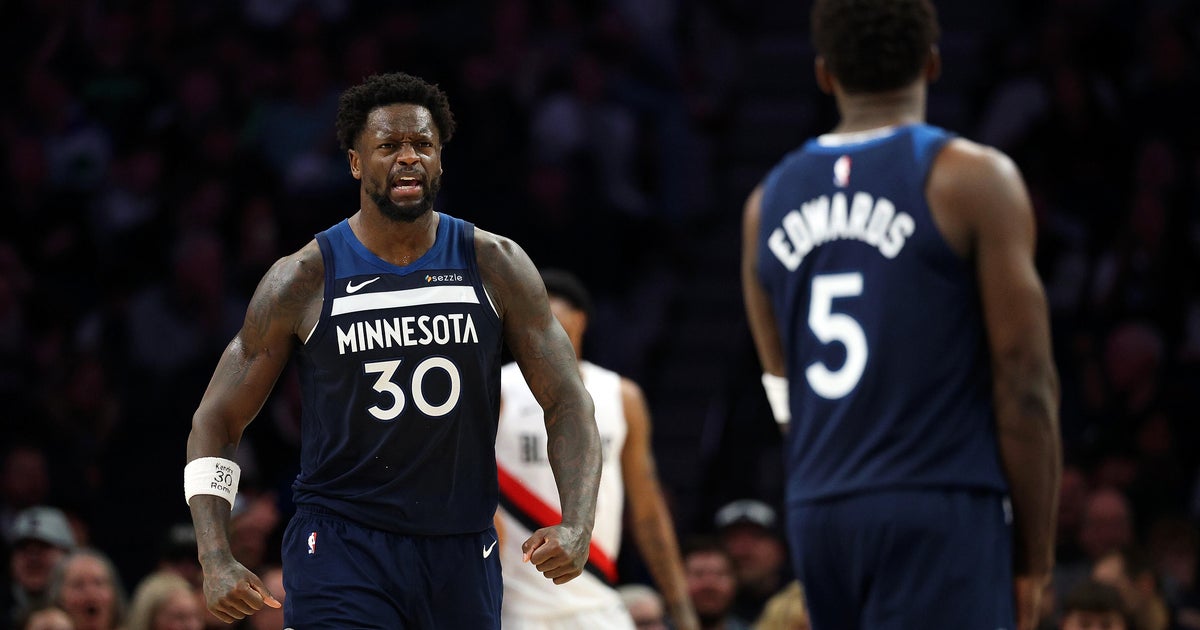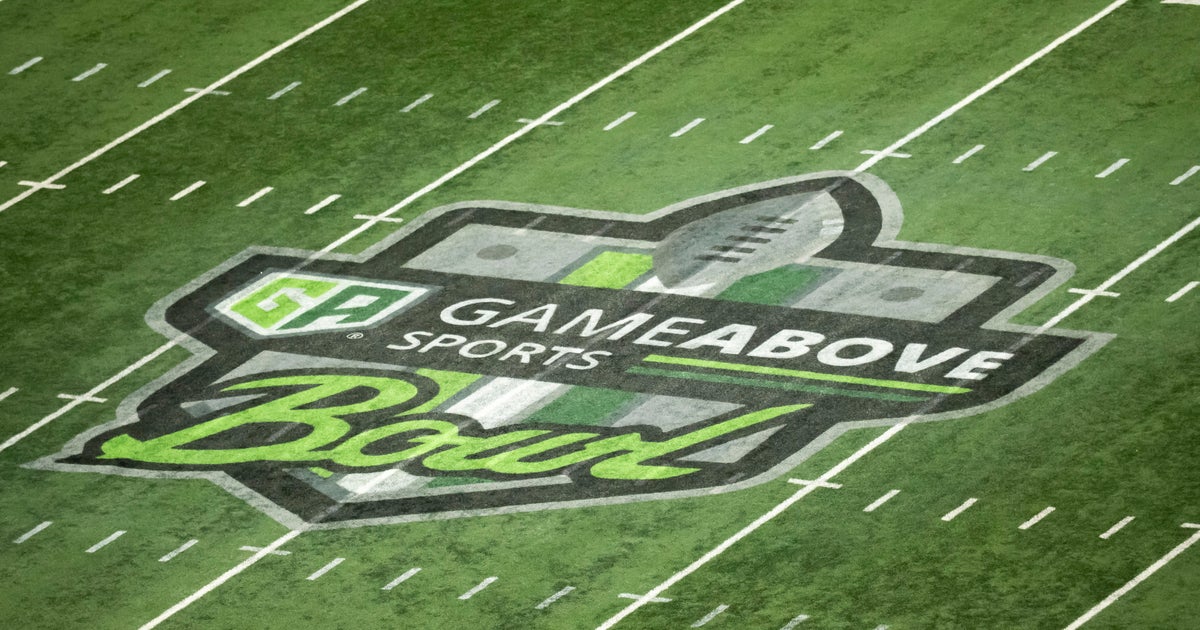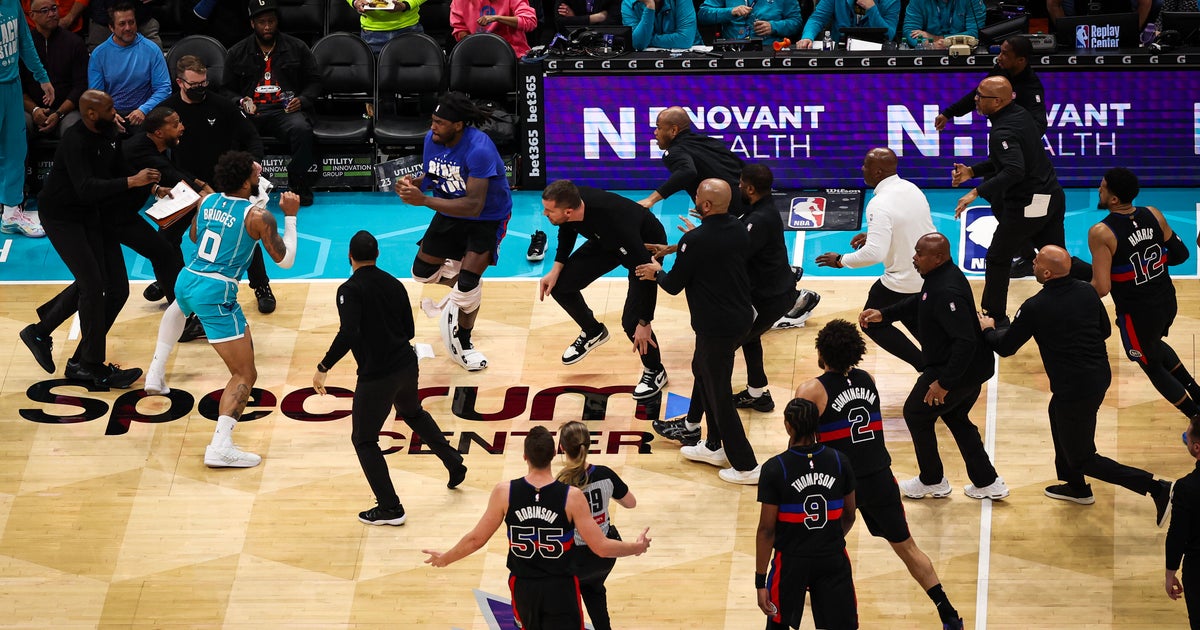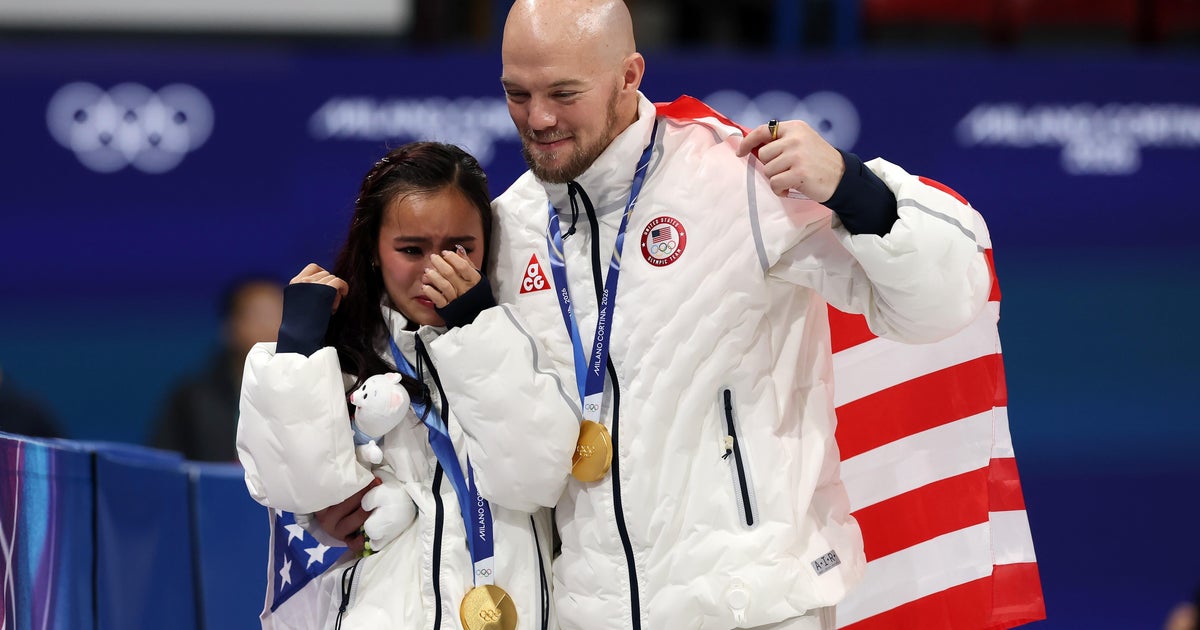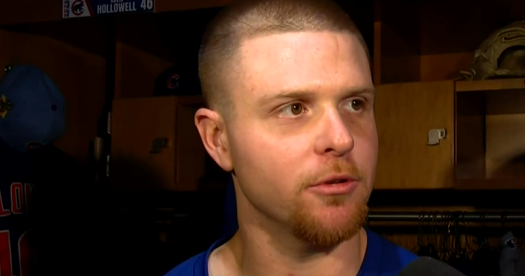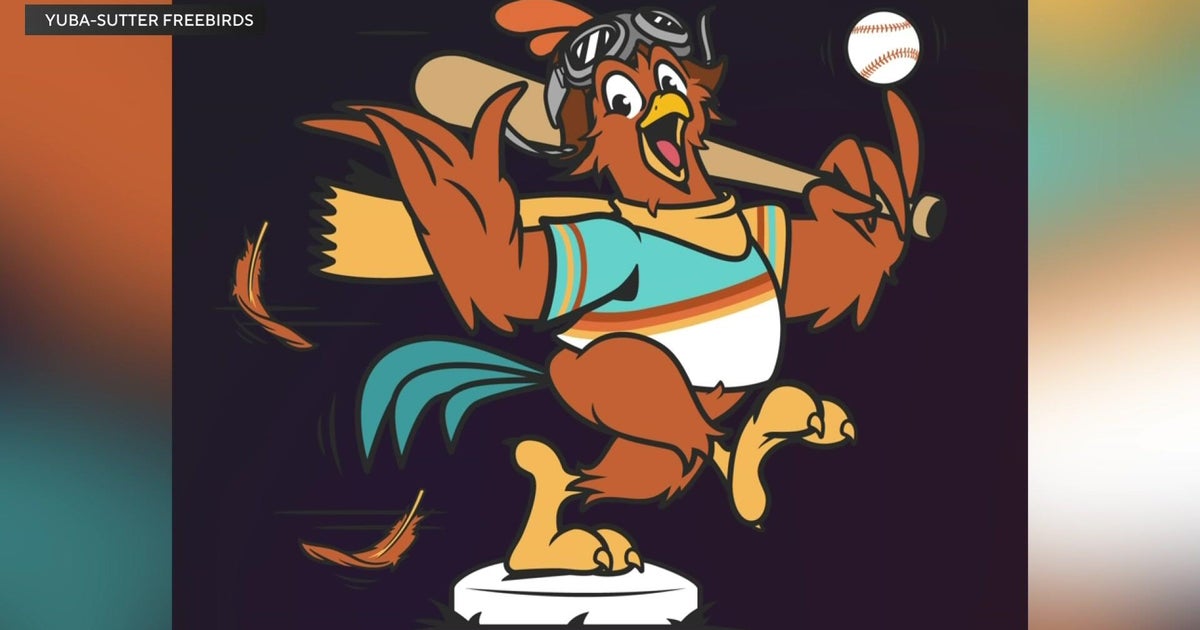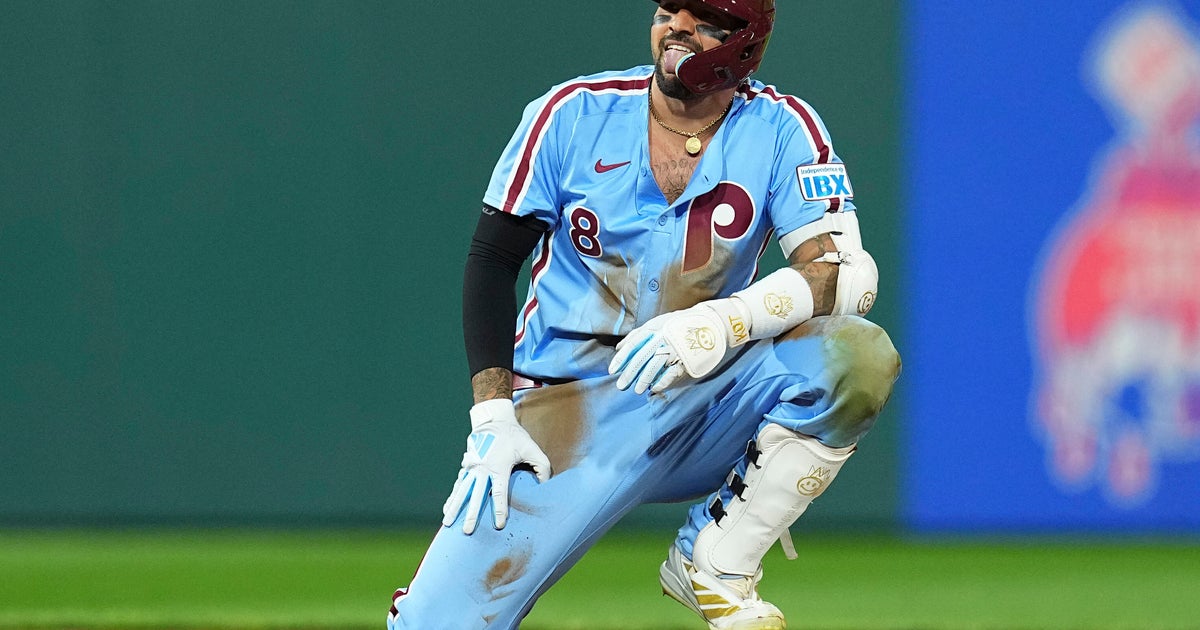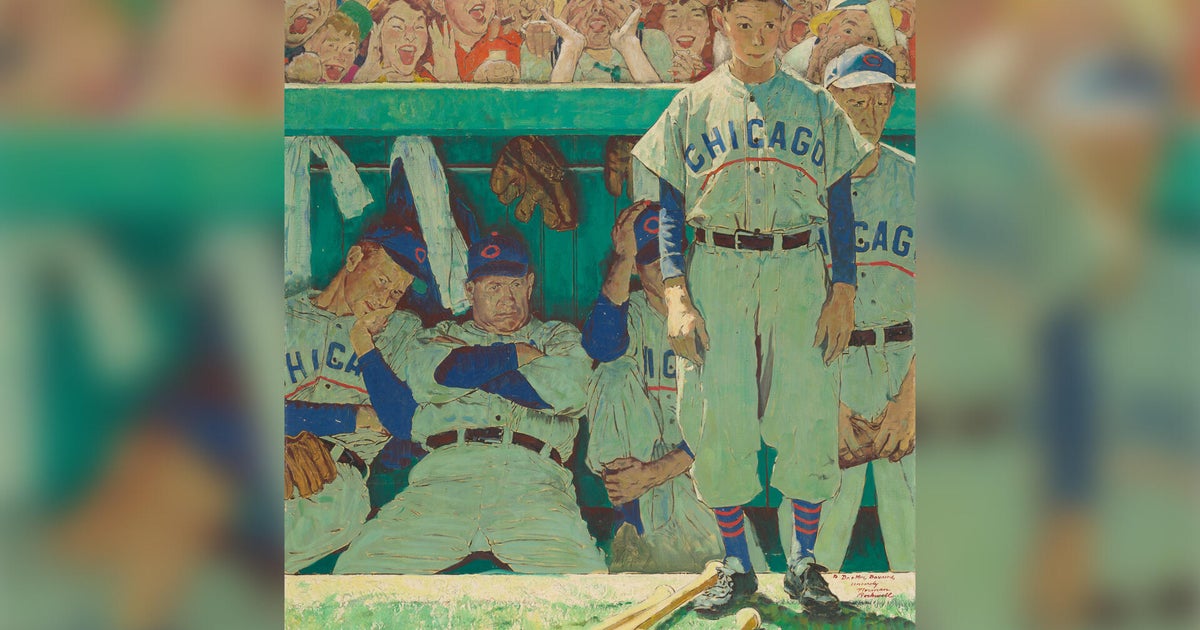NHL Overtimes Ending Faster Than Usual
Follow CBSDFW.COM: Facebook | Twitter
ARLINGTON, Va. (AP) - Everyone remembers the overtime marathons in the Stanley Cup playoffs. Maybe it's the Flyers' Keith Primeau scoring in the fifth extra session in 2000 against the Penguins or perhaps it's Nashville's Mike Fisher with the winning goal in the third OT last week against the Sharks.
Sometimes, playoff overtime can be fleeting.
The second round of this year's postseason has featured a record nine overtime games, the most since the 16-team format started in 1980. Of the 16 overtime games so far in the 2016 playoffs, seven ended in the first five minutes, and Nick Bonino's series clincher for Pittsburgh against Washington came at the 6:30 mark Tuesday night.
"That's why it's sudden death," Capitals coach Barry Trotz said after another overtime loss. "That's what it feels like."
Why do many overtime games end so suddenly? It's a mix of mental and physical factors — and good strategy.
The Tampa Bay Lightning won back-to-back overtime games in a hurry against the New York Islanders. Brian Boyle scored 2:48 into overtime in Game 3 and Jason Garrison 1:34 into overtime in Game 4.
Lightning coach John Cooper said the phrase "there's no such thing as a bad shot" gets repeated 10 times in the locker room before players step onto the ice for overtime.
"I don't know if there's a perfect art to it, other than the fact that you let your team know that this is not the time to be passing up shots," Cooper said. "It's kind of worked out for us."
Based on the amount of crazy bounces that can be the difference between winning and losing, Capitals center Nicklas Backstrom said "shooting is never a bad play in overtime." But it's about more than that.
Mentally, it's hard for some teams to bounce back from the end of regulation. The Penguins had no trouble doing that in Game 6 against the Capitals despite taking three consecutive delay-of-game penalties on the way to blowing a 3-0 lead.
"Right away you just kind of clear your mind," captain Sidney Crosby said. "First five minutes I think everyone's pretty quiet, but I think once we started getting ready to go out there I thought everyone knew what the situation was and how desperate we needed to be."
Desperate, but not too desperate, is the name of the game. Cooper said the Lightning have tried to prioritize the first couple of overtime shifts because there can be a hangover period.
"It's no different than coming into any period after a break," Garrison said. "You're rested a bit and you want to use that energy to put pressure on the other team and establish a forecheck. Obviously you're at the opposite end of the rink, so if you're able to maintain a forecheck, it can be tough for the other team to change."
Washington goaltender Braden Holtby, who has played in 15 overtime games among his 46 playoff starts in the NHL, knows there is a stark contrast between the start of overtime and everything else.
"Usually in that first five, 10 minutes is where there's a lot of chances," Holtby said. "Teams just come out hard. They come out ready — all that energy and skating and stuff. And as it goes on, the fatigue starts to kick in a bit more."
Fatigue is a hallmark of playoff overtimes that can stretch into the evening and past midnight. Fisher's goal against San Jose capped off the longest game in Nashville franchise history at 111 minutes, 12 seconds.
The Predators have won as many overtime games in the playoffs (2-0) as they did in the regular season (2-12), which defenseman Roman Josi said was a product of learning from adversity.
Perhaps coach Peter Laviolette knows how to better use his players in overtime, where there's no holding back no matter how long it goes.
"It's playoffs, you can't conserve any energy," Capitals left wing Jason Chimera said. "If you're conserving energy, you lose the game."
(© Copyright 2016 The Associated Press. All Rights Reserved. This material may not be published, broadcast, rewritten or redistributed.)
